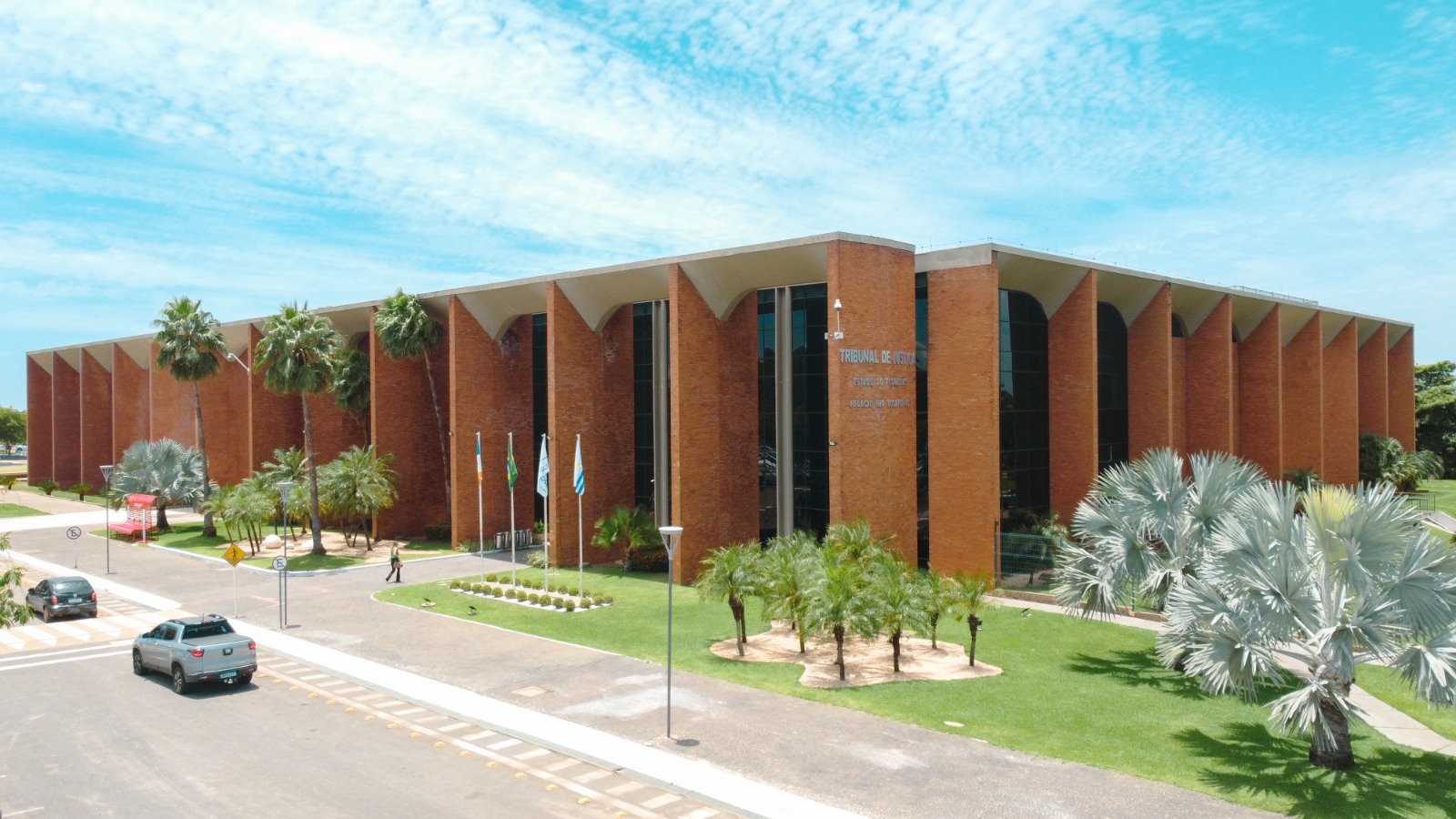
Last Friday (July 11th), Joint Ordinance No. 9 of 2025 was published, standardizing the procedures for sentence remission through educational social practices - school and non-school - in the prison system of the state of Tocantins. The regulation is the result of a joint construction between the Court of Justice of the State of Tocantins (TJTO) and the Secretariat of Citizenship and Justice (Seciju).
The proposal originated in 2021 within the scope of the Group for Monitoring and Inspection of the Prison System and Socio-Educational Measures (GMF/TJTO), with the aim of standardizing the criteria adopted by the courts. The final draft included contributions from the Making Justice program (CNJ/UNDP) and technical team of Seciju.
What changes in practice?
The Ordinance expands the modalities recognized for remission purposes, based on parameters already defined by national legislation and resolutions of the National Council of Justice (CNJ). In addition to formal education and work, the following are now regulated:
Formal and distance mode study
For every 12 hours of study, spread over at least three days, you can redeem one day of your sentence. This modality covers everything from basic education to preparatory and postgraduate courses. The minimum attendance requirement is 80%, and proof must be provided by valid school documentation. It is also possible to accumulate remission for study and work, as long as the schedules are compatible.
In the case of completing primary, secondary or superior education while serving the sentence, the regulations authorize the addition of 1/3 to the total number of days remitted for study.
Reading of literary works
On a voluntary basis, the person serving time can redeem four days for each book read, with a limit of twelve books per year (forty-eight days of the sentence). Proof is provided through subjective reports, presented in formats such as seminars, recitals or conversation circles. The materials are analyzed by a committee appointed by the Criminal Court, without any evaluative character.
Non-school educational practices
This category includes cultural, sports, health, citizenship or training projects. The minimum time required is the same as for school activities: one day of penalty for every 12 hours of effective participation, as long as the project has an execution plan, controlled attendance and defined responsible parties.
Implementation
The director of each prison unit will be responsible for coordinating the actions, with the support of the local education center or a team appointed by Seciju. Institutions interested in offering distance learning courses must be accredited by the Secretariat and obtain judicial approval.
Reading and other non-school practices will be analyzed by committees made up of representatives from the Executive, civil society, educational institutions and volunteers.
The reports will be sent to the Execution Court for approval, with the opinion of the State Prosecution and the Defense, and then entered into the Unified Execution Electronic System (SEEU).
The Ordinance also determines that the literary collections of prison units be expanded and made accessible to all sentencing regimes, with provision for books in Braille, Libras and audiobooks.




